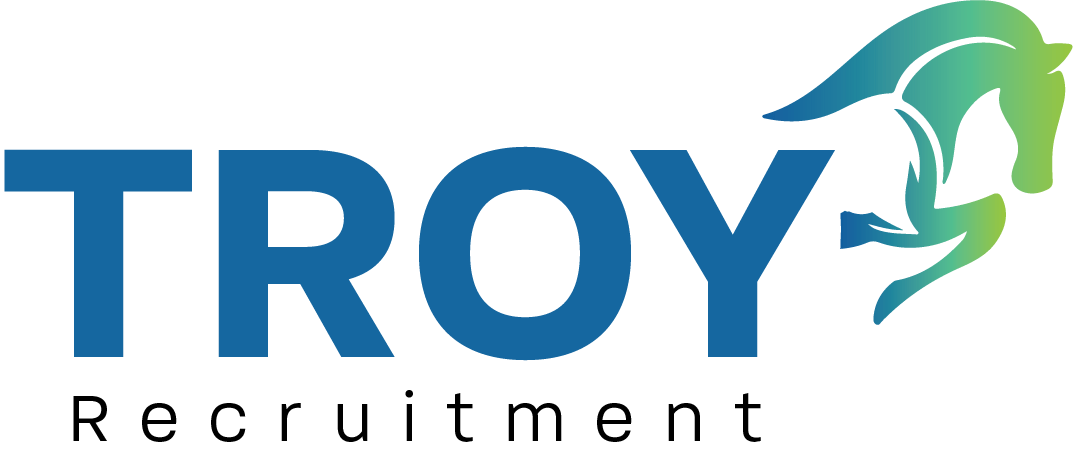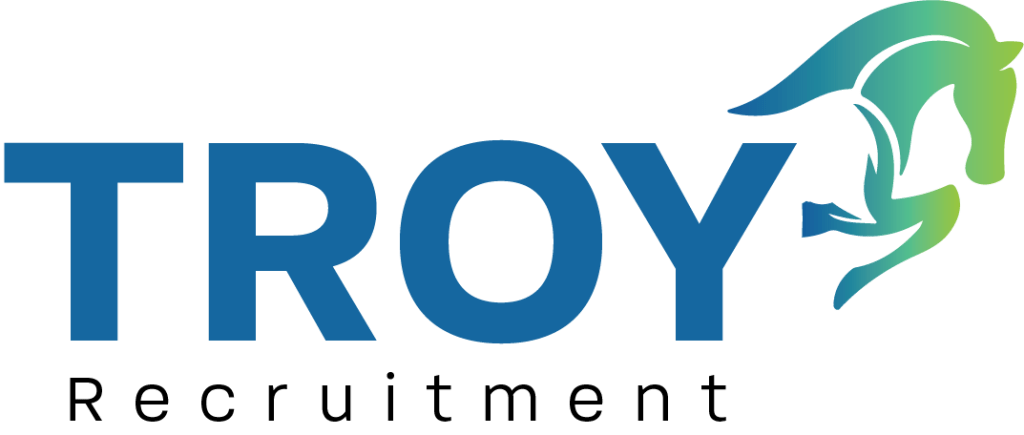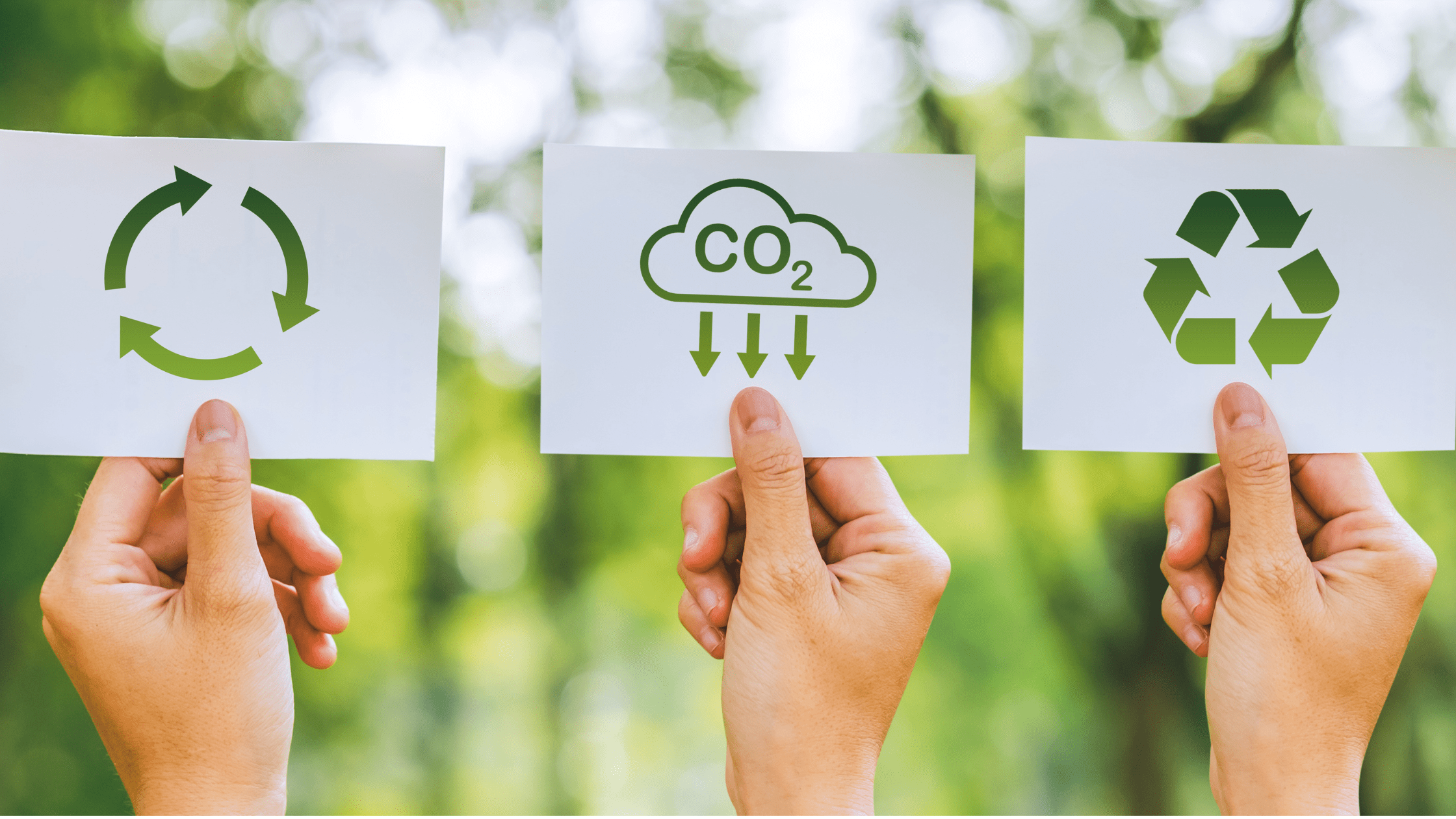We’re excited to announce that our Founder, Helen Cramp, has successfully completed the “Circular Economy and Sustainability Strategies” certification from Cambridge University. As part of her commitment to navigating the future of business, Helen continues to invest in education that promotes sustainable and innovative practices.
A few months ago Helen was speaking to Janette O’Neill Partner and Chief Sustainability Officer at PwC to find out what her role encompasses. She was fascinated by what Janette’s team do, and wanted to find out more and educate herself about this important topic. Janette recommended this course to Helen.
In an era defined by rapid environmental changes and an increasing demand for sustainable business practices, staying ahead of the curve is crucial for individuals and businesses alike. The course offers a comprehensive exploration of the circular economy principles that are becoming increasingly vital in today’s world.
The course provided an understanding of:
- The Circular Economy and Sustainable Business Models
- Building a Sustainable Organisation
- Driving Innovation through Impactful Solutions
- Impact Investing
What were the key takeaways?
- The Circular Economy is about People, Planet and Profit
- The differences between the existing linear business model – take, make, use and dispose versus the Circular Economy – make, use and reuse.
- Understanding the United Nations (UN) Sustainability Development Goals (SDG) and how they translate into business
- The Say-do gap – What customers “say” versus what they will “buy.” Many consumers may express that they will prefer “sustainable brands,” however in the end the fundamentals still apply – customers will only buy well-designed, affordable products that meet their needs, no matter how “sustainable” we brand them.
The course adopts a global perspective, acknowledging that sustainability challenges transcend geographical boundaries. Helen gained valuable insights into diverse sustainability issues and solutions, learning to apply these principles within the context of a recruitment consultancy.
What will you do differently in business going forward?
As a result of the course we have recently become Carbon Neutral certified. We went through a process of reviewing our personal and business impact, and made a number of changes to adjust the way we work going forward.
What advice would you give people looking to upskill in sustainability?
Sustainability is a broad field. Find out what interests you and consider specialising in a particular area that aligns with your interests and career goals, such as renewable energy, circular economy, green technology, climate policy, sustainable business practices, or ESG.
Engage with a recruiter who specialises in sustainability and can help you move into the field. Networking with professionals in the field can also open up opportunities for collaboration and learning.
There are some great online courses or certification programs offered by universities, organisations like Cambridge University, Coursera, edX, or platforms like LinkedIn Learning specifically focused on sustainability. These programs often cover diverse topics and provide credible certifications.
The podcast “Circular Economy Show” by the Ellen MacArthur Foundation provides many useful resources.
Participate in workshops, seminars, and conferences to stay updated on the latest trends, technologies, and best practices in careers in sustainability.
Overall, undertaking the Circular Economy and Sustainability Strategies course from Cambridge University Emeritus can be a strategic investment for individuals seeking to deepen their knowledge, skills, and impact in the fields of circular economy and sustainability.
Contact or follow Troy Recruitment on LinkedIn for more insights into sustainable business practices and career opportunities in the circular economy.







